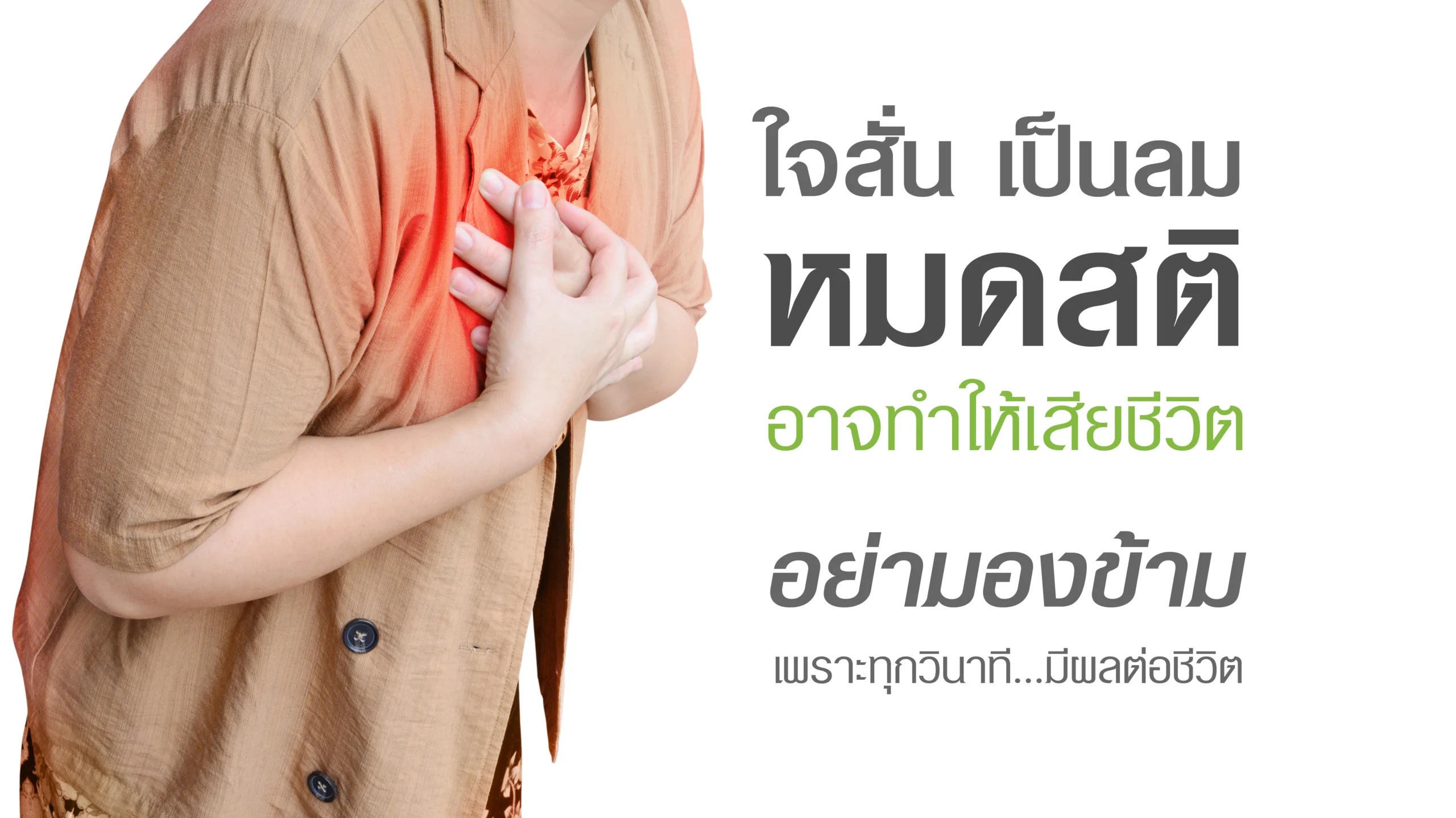Description
Palpitations, fainting, and loss of consciousness can be life-threatening. Don’t ignore them, because every second… can be life-threatening. The ERS+RFA package treats arrhythmias using high-frequency electrical waves through a catheter.
What are EPS/ERS and RFA?
This treatment technique is a highly effective treatment for arrhythmias without the need for open chest surgery. It focuses on detecting and destroying abnormal electrical points or circuits in the heart.
1. EPS (Electrophysiology Study) / ERS (Electrophysiology Study of the Heart)
This diagnostic procedure involves inserting a catheter into a blood vessel in the groin (or neck/clavicle) and inserting it into the heart chambers.
It serves to
- Record and analyze the electrical activity of the heart in detail.
- Locate the exact location of the abnormal electrical circuit or the source of the electrical signal causing the arrhythmia.
2. RFA (Radiofrequency Ablation) / Radiofrequency Ablation
This is a treatment procedure that follows EPS using a special catheter.
It serves to
- Deliver high-frequency radio waves. (Radiofrequency) is administered through the catheter tip to the detected abnormality.
- Radio waves create slight heat to destroy/cauterize the heart tissue causing the abnormal electrical activity.
- Once the abnormal electrical circuit is destroyed, the heart returns to a normal rhythm.
Advantages of EPS + RFA Treatment
- Completely curable. For certain types of arrhythmias, such as supraventricular tachycardia (SVT), this treatment has a high chance of being completely cured.
- No major surgery is required. It is a minimally invasive procedure, allowing for a faster recovery, reducing the risk of infection and reducing the pain associated with open chest surgery.
- Improves quality of life, reducing the frequency and severity of palpitations, dizziness, or fainting, and in some cases, eliminating the need for lifelong medication.
General Preparation
Before the procedure, your doctor will recommend
- Fasting from food and water for approximately 6-8 hours prior to the procedure.
- Discuss medications. Inform your doctor about all your current medications, especially blood thinners or heart rhythm regulators. These medications may need to be discontinued prior to the procedure, as recommended by your doctor.
If you or someone you know is considering this treatment, Consultation with a cardiac electrophysiologist is recommended to assess the risks and success rates for treating existing arrhythmias.
Special Promotion! Only 300,000 baht
- Electrocardiogram + Electrocardiogram (ECG)
- Room and quota fees
- Procedure and anesthesia fees
- Prosthetic and therapeutic equipment fees (excluding special equipment)
- Other related service fees (for hospital stays)
*Note
- Medical supplies and special equipment are determined by the doctor based on the condition and medical necessity.
- Anesthesia is subject to additional charges.
- Costs may differ from the estimated cost due to various factors, such as the duration of the procedure, length of treatment, complexity of the disease, or other medical factors.
- Complications and treatment of underlying medical conditions are not included.
- The cost estimate is intended to help determine the likely cost of treatment under the patient’s coverage.
These prices are valid from now until December 31, 2025.
Call to make an appointment in advance or for more information:
Tel. 02-769-2000



